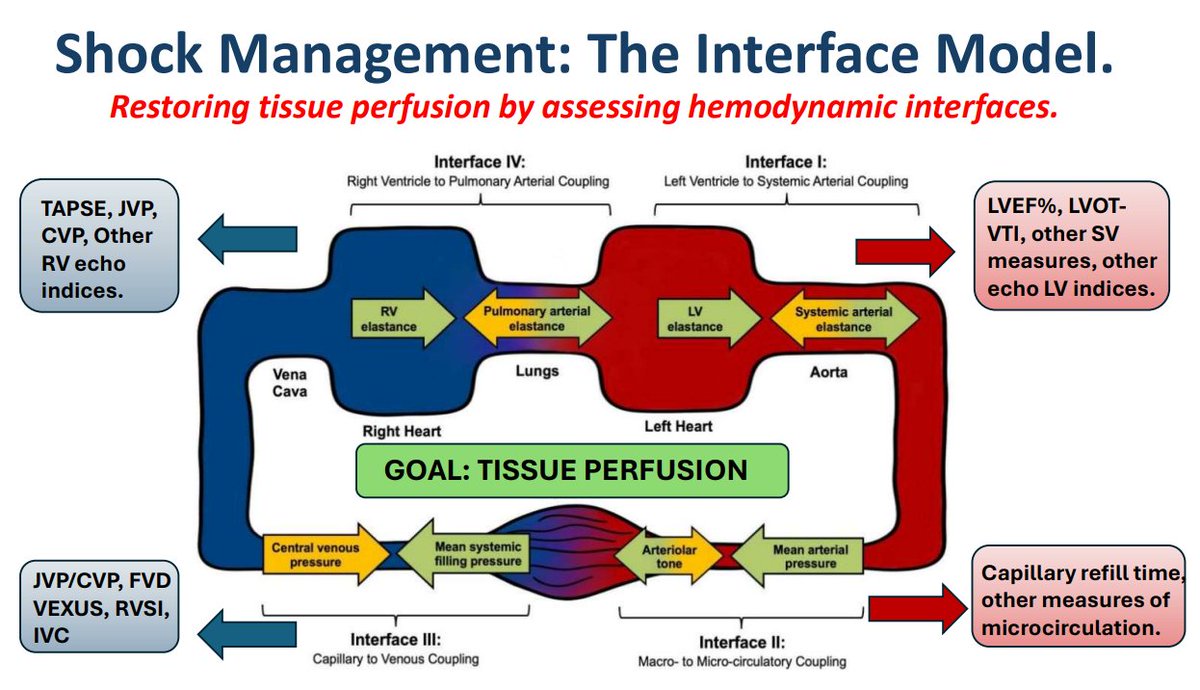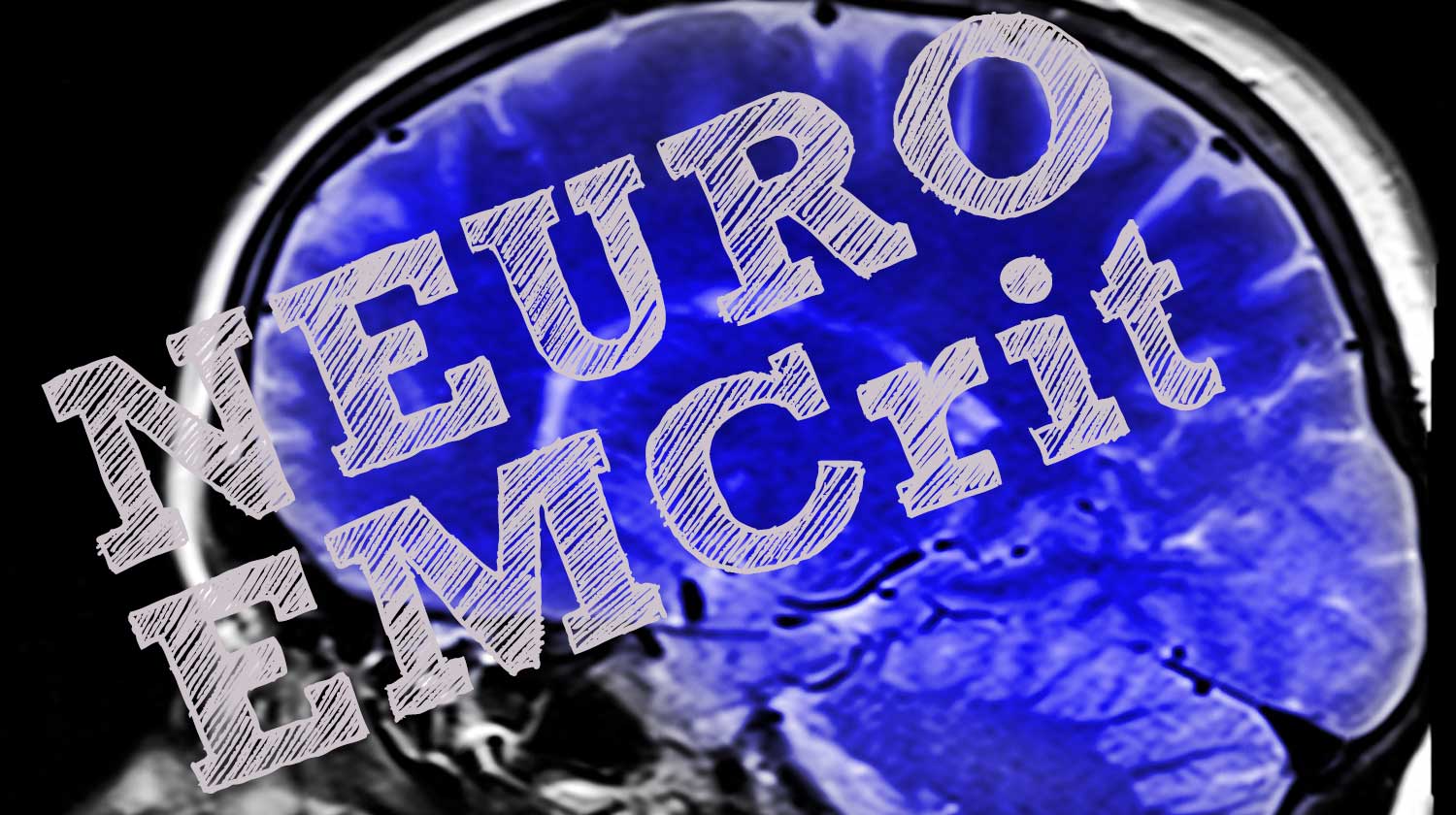The journey through intensive care can be a harrowing experience for patients and their families. While the primary focus of intensive care units is to address life-threatening illnesses and stabilise patients, a significant and sometimes overlooked aspect is the aftermath of that care. Post-Intensive Care Syndrome (PICS) refers to the range of physical, cognitive, and psychological issues that can arise in individuals who have survived critical illness. This blog post explores PICS, its symptoms, causes, risk factors, and strategies for management and prevention.
What is Post-Intensive Care Syndrome (PICS)?
Post-Intensive Care Syndrome has previously been described It has previously been described “as a new onset or worsening of impairment(s) in physical, and/or mental health that arose after the ICU and persisted beyond hospital discharge”. It is a multifaceted condition that encompasses ongoing health challenges that can significantly impacting quality of life. PICS is not just a singular issue; rather, it is characterized by three main components:
1. Physical Impairments: Many patients experience weakness, fatigue, and deconditioning. Prolonged immobilisation during critical illness can lead to muscle atrophy and loss of functional abilities, making everyday tasks difficult.
2. Cognitive Dysfunction: Many former ICU patients report issues with memory, attention, and problem-solving abilities. This cognitive impairment can manifest as confusion, difficulty focusing, or challenges with decision-making.
3. Psychological Distress: Mental health issues, including anxiety, depression, and post-traumatic stress disorder (PTSD), are prevalent among ICU survivors. The trauma of illness, invasive procedures, and the ICU environment can leave lasting emotional scars.
Causes of PICS
Several factors contribute to the development of PICS in survivors of critical illness:
– Length of ICU Stay: Prolonged stays in the ICU increase the likelihood of developing PICS. Survivors may undergo multiple interventions that contribute to both physical and psychological stress.
– Severity of Illness: More severe health conditions often lead to more interventions, which can heighten the risk of complications and contribute to the development of PICS.
– Delirium: Episodes of delirium during ICU admission are strong predictors of subsequent cognitive impairment. Delirium is often characterised by acute confusion, disordered thinking, and decreased awareness of the environment.
– Pre-existing Conditions: Patients with pre-existing health issues, especially neurological disorders, may be at greater risk of experiencing PICS.
Risk Factors for PICS
Several factors may increase the risk of developing PICS, including:
– Age: Older adults are more susceptible to cognitive decline and physical impairments following critical illness.
– Previous Mental Health Issues: Individuals with a history of anxiety, depression, or other mental health conditions are at a higher risk for psychological distress after ICU admission.
– Female gender: Studies have suggested females are more likely to develop PICS
– Type of admission: Studies have demonstrated unplanned ICU admissions are associated with higher risk of PICS
What can we do?
There is a relative paucity of data looking into non-medical interventions for PICS foor long term management. However it seems logical that PICS requires a multi-disciplinary approach that involves both medical and supportive interventions. Here are some strategies for managing and preventing PICS:
1. Early Mobility Programs: Encouraging movement and rehabilitation as soon as medically feasible helps mitigate physical deconditioning and improves outcomes. Physical therapists play a vital role in implementing these programs.
2. Cognitive Assessment and Rehabilitation: Routine cognitive assessments can help identify impairments early on. Cognitive rehabilitation and brain training exercises can aid recovery.
3. Psychosocial Support: Providing emotional support during and after the ICU stay is crucial. This might include counseling, support groups, and mental health referrals to address anxiety, depression, and PTSD.
4. Family Involvement: Engaging family members in the recovery process helps build support systems. Education for families about what to expect during recovery can reduce anxiety and improve coping mechanisms.
5. Follow-Up Care: Establishing continuity of care through regular follow-up appointments allows healthcare providers to monitor ongoing symptoms, adjust treatment plans, and provide necessary interventions. This includes ICU specific follow up clinics which has been well established.
6. Patient Education: Communicating with patients about potential post-ICU challenges can help them recognise symptoms early and seek help.
Conclusion
Post-Intensive Care Syndrome is a complex condition that highlights the importance of holistic care for patients recovering from critical illness. By understanding the nature of PICS, we can work proactively to identify at-risk individuals and implement early interventions. As we advance in critical care medicine, it is essential to not only save lives but also to ensure survivors have the support they need to reclaim their quality of life. With awareness, education, and coordinated care, we can improve long-term outcomes for those who have journeyed through the challenges of intensive care.
Written by Manoj Wickramasinghe










